A bill in the Washington state House introduced by Representative Mia Gregerson (D-33) would do away with odd-numbered year elections by moving the races on these ballots to even-numbered years. It’s a seemingly mundane detail that in fact has real consequences in terms of voter participation and representation.
Washington state law currently requires cities, towns, and special districts to hold their elections during odd-numbered years, while county, state, and federal offices are typically elected in even-numbered years. But without higher-visibility elections at stake, too, like federal and state offices, fewer voters participate. A lot fewer. We’re talking half as many. Many local elected officials in Washington are chosen without input from the vast majority of voters.
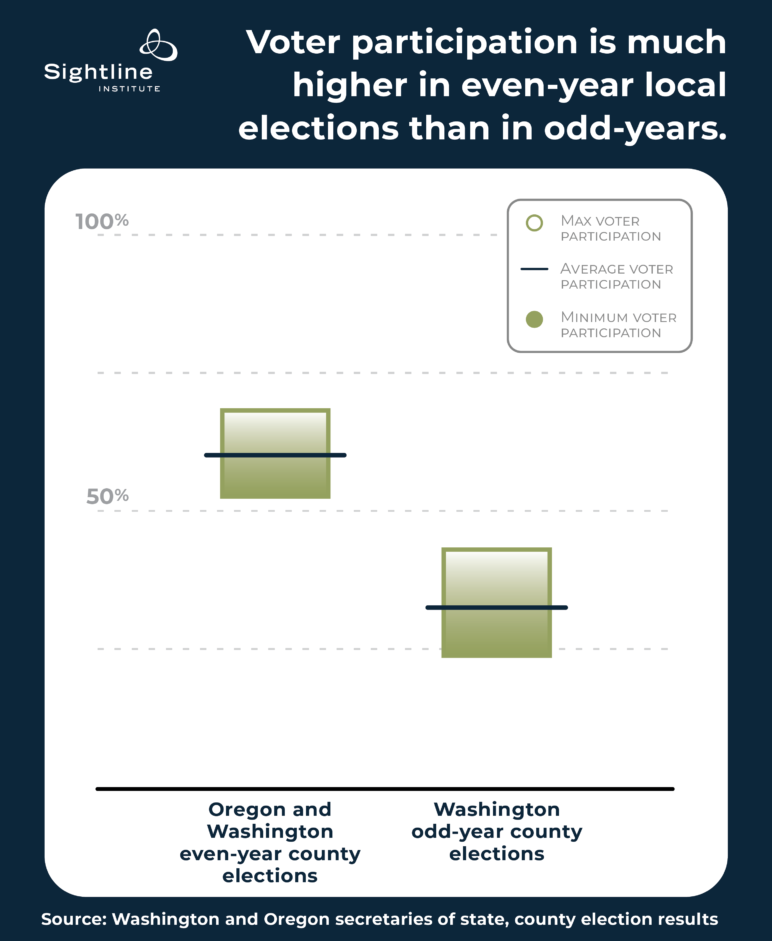 Analysis by Northwest Progressive Institute (NPI) shows that participation in odd-year elections has only worsened in recent years. This, even as even-year election participation has improved!
Analysis by Northwest Progressive Institute (NPI) shows that participation in odd-year elections has only worsened in recent years. This, even as even-year election participation has improved!
The odd-year election participation problem is similar to the gap between who votes in primary elections versus who votes in general elections. In some cases, almost half of voters in an even-year general election don’t vote in nearby primary or odd-year elections. It’s not rocket science—asking voters to turn in ballots less often results in more attention during each (less frequent) election season. The US is an outlier amongst mature democracies in how often we ask citizens to come out and vote. And having too many separate election dates impacts voters of color in particular. In Seattle, for example, the voters who vote in primaries tend to be whiter than the population as a whole.
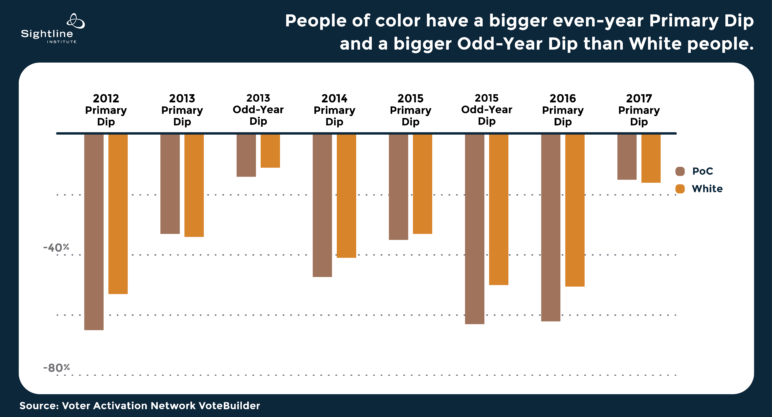 New polling by NPI shows that Washingtonians support phasing out odd-year elections by a 2:1 margin (about a quarter of voters were unsure on the issue), as HB 1727 proposes. The bill would also require that ballot measures only be considered in even-numbered year elections, ensuring that a larger portion of the electorate has a say on key issues facing the state.
New polling by NPI shows that Washingtonians support phasing out odd-year elections by a 2:1 margin (about a quarter of voters were unsure on the issue), as HB 1727 proposes. The bill would also require that ballot measures only be considered in even-numbered year elections, ensuring that a larger portion of the electorate has a say on key issues facing the state.
Beyond increasing participation levels and thereby representation of more of the state’s residents, the measure would also:
- reduce administrative costs to run odd-year elections;
- likely reduce campaign costs for local races, as local candidates would be able to rely on higher-profile races’ visibility to inform voters of an upcoming election;
- return the state to the historic election cycle it used for referenda and ballot measures from the 1910s until the 1970s; and
- put the state ahead of its neighbor to the south, Oregon, which already enjoys this more efficient even-year system for city and county elections but still requires that special districts (like school district, water conservation districts, and transportation districts) hold elections in odd-numbered years.
For more, read NPI’s discussion of the bill. HB 1727 had a public hearing Wednesday with the Washington House Committee on State Government and Tribal Relations. If it receives a “pass” vote from the committee, it will move to the House leadership for consideration.

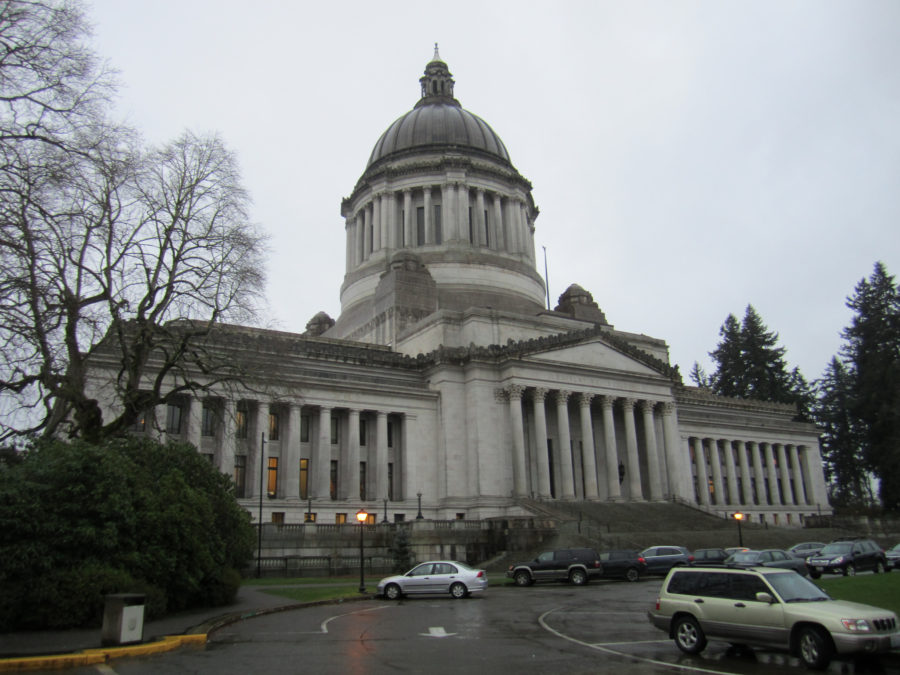
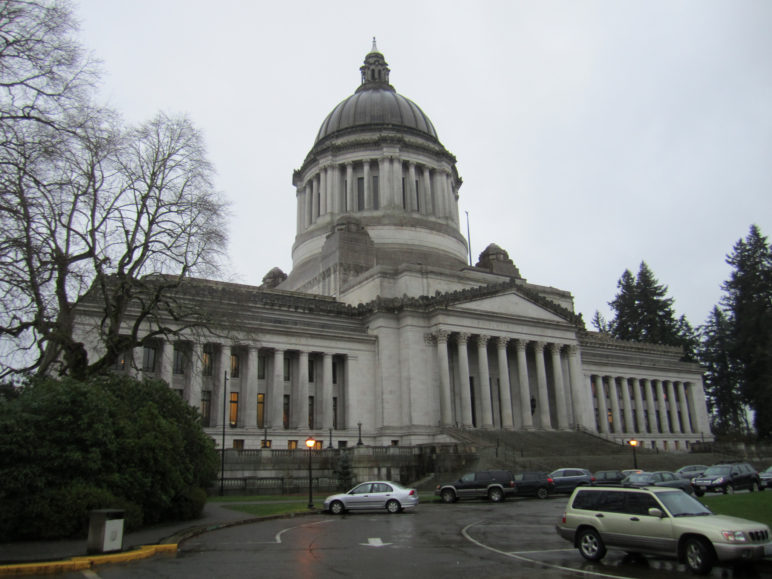
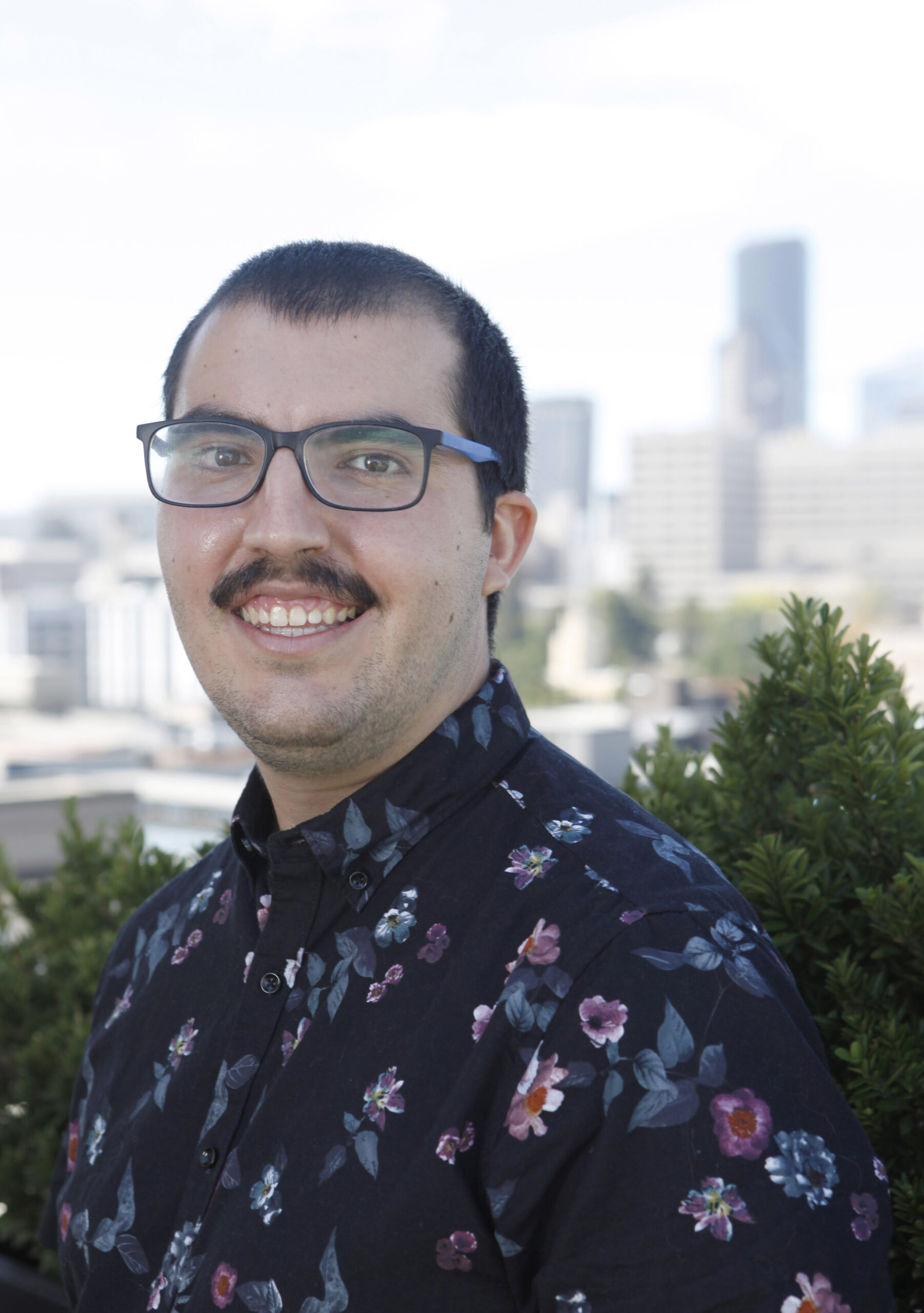







Mira Kamada
Every Washingtonian gets a ballot in the mail. There is no excuse for forgetting an election. If people are not interested enough to open their ballot and respond, then their opinion is probably not well-informed and they should not vote. Lower voter turnout is not a reason to eliminate odd year elections in our Washington State.